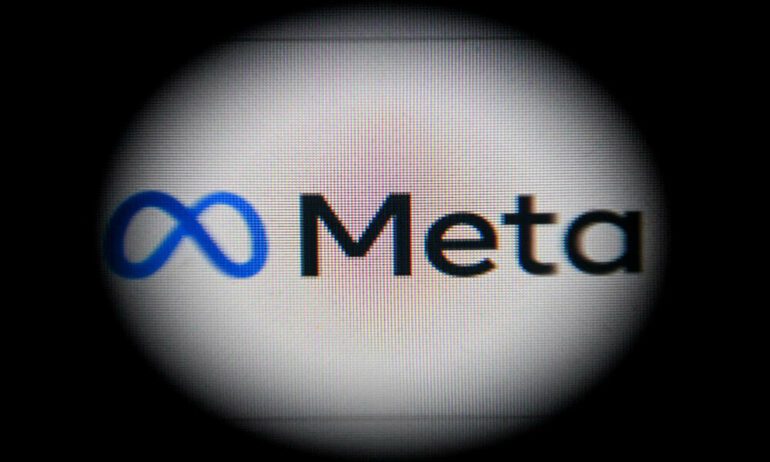TL;DR:
- Meta introduces AI-driven features targeting Gen Z, including AI personalities based on celebrities.
- Expert opinions are divided on the potential success of Meta’s Gen Z-focused AI initiatives.
- Gen Z represents a significant consumer base, making up over 40% of global consumers.
- As digital natives, Gen Z is expected to be a key adopter of generative AI.
- EY data indicates that while Gen Z is open to AI features, they remain discerning consumers.
- Successful AI product launches are crucial, as a misstep can lead to mistrust and user abandonment.
- Meta and others see this as a long-term investment in a digital revolution set to unfold over the next two decades.
Main AI News:
Meta (META) has declared an all-out battle for Gen Z’s attention and financial allegiance, setting its sights squarely on rivals like TikTok and other social media titans. The company’s intentions became abundantly clear on a recent Wednesday when it unveiled an extensive array of artificial intelligence (AI) features designed to captivate the younger generation. From personality-rich chatbots to AI-generated stickers, Meta is rolling out the red carpet for Gen Z’s digital experience.
One of the standout offerings is Meta AI, the tech giant’s conversation assistant. But the real game-changer is the introduction of AI personalities inspired by renowned celebrities such as Tom Brady, Naomi Osaka, Snoop Dogg, and Kendall Jenner, each equipped with the power to generate personalized stickers.
While Meta has previously ventured into Gen Z territory with Reels, a feature that garners a staggering 200 billion daily plays according to Insider Intelligence, this marks the company’s first substantial foray into AI-centric engagement with this demographic. However, experts remain divided on the potential success of this move.
Kobie Fuller, a partner at Upfront Ventures and a seasoned AI investor, believes that the concept “holds promise, provided it’s executed correctly.” Still, he acknowledges that there is a considerable journey ahead, particularly when evaluating Meta’s celebrity-referencing chatbots. In a candid interview with Yahoo Finance, Fuller expressed reservations, stating, “The initial marketing approach—or lack thereof—feels somewhat awkward. It presents a seemingly random alter ego of a celebrity that users can interact with. The profile merely indicates ‘managed by Meta.’ If Naomi Osaka, for instance, has an alter ego account not genuinely associated with her, it might struggle to convey authenticity.“
The stakes are undeniably high as Gen Z is a prized demographic courted zealously by retailers and tech behemoths alike. Meta’s AI-driven chatbots will enter a crowded arena, competing with other online AI entities, including OpenAI’s ChatGPT and Snapchat’s My AI.
Citing McKinsey research, Gen Z appears to be a resilient consumer base, even in times of economic turbulence. Dr. Muddu Sudhakar, CEO, and founder of Aisera, estimates that “Gen Z accounts for over 40% of the global consumer base.” Notably, approximately 20% of the US population currently falls under the Gen Z umbrella.
This younger demographic exhibits a compelling allure for AI adoption. According to University of Pennsylvania professor Chris Callison-Burch, being digital natives, “Gen Z is poised to be the most enthusiastic adopter of generative AI.”
While Gen Z may show a greater propensity to engage with Meta’s AI innovations compared to baby boomers or even millennials, they remain discerning consumers, as revealed by EY’s “2023 Gen Z Segmentation Study.”
For companies venturing into the world of AI, the successful launch of new products is paramount. Fumbling the introduction can result in Gen Z’s swift abandonment. Marcie Merriman, EY Americas cultural insights and customer strategy leader, cautions against hasty deployments, stating, “Releasing technology prematurely can lead to mistrust and backfire. If technologies are introduced and they don’t function effectively, a whole generation of users could be lost.”
Conclusion:
Meta’s strategic push to engage Gen Z through AI innovations signifies a pivotal moment in the market. While Gen Z’s potential as AI adopters is significant, it comes with the challenge of meeting their discerning expectations. Companies must tread carefully, ensuring seamless product launches to gain and maintain the trust of this coveted demographic. This long-term commitment to Gen Z holds the promise of reshaping the market landscape over the coming years.

